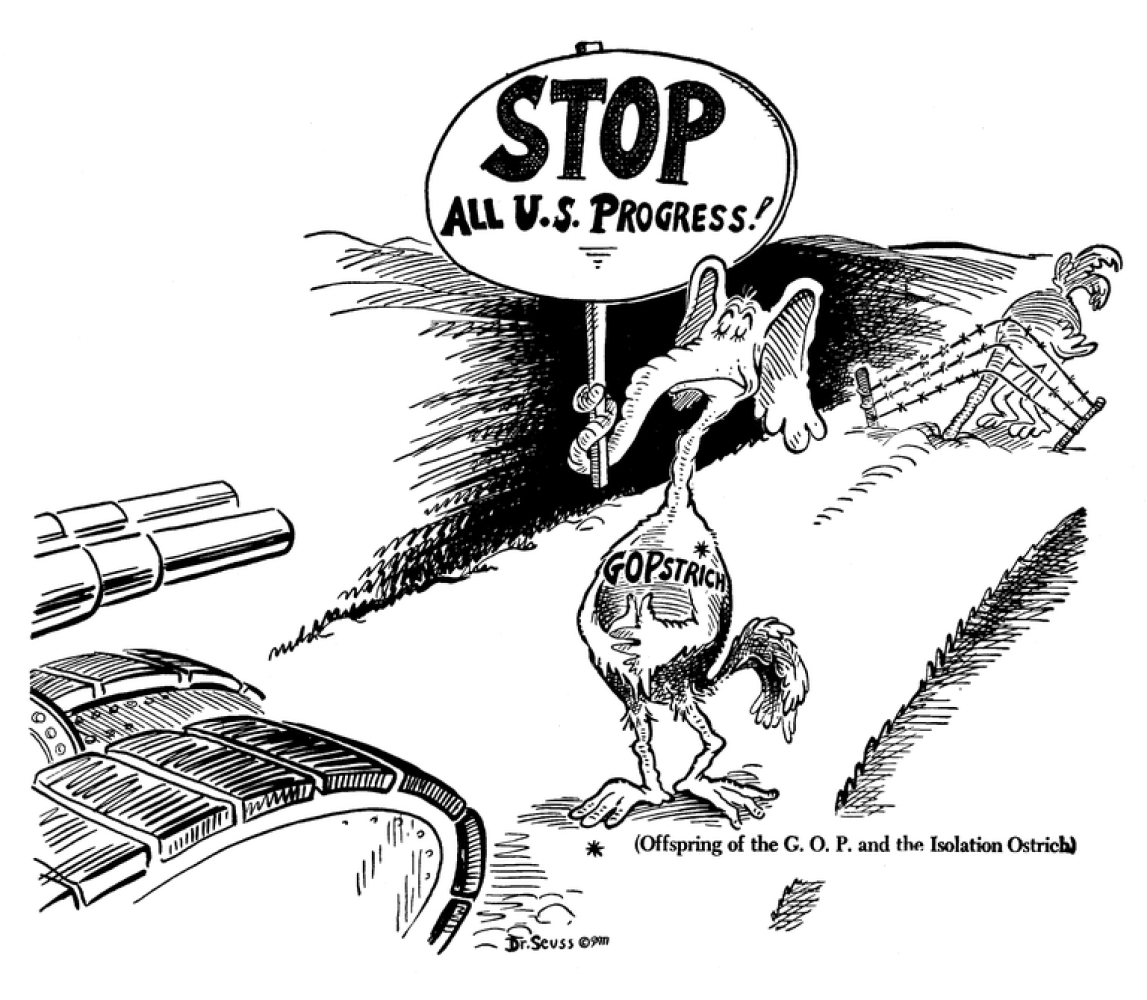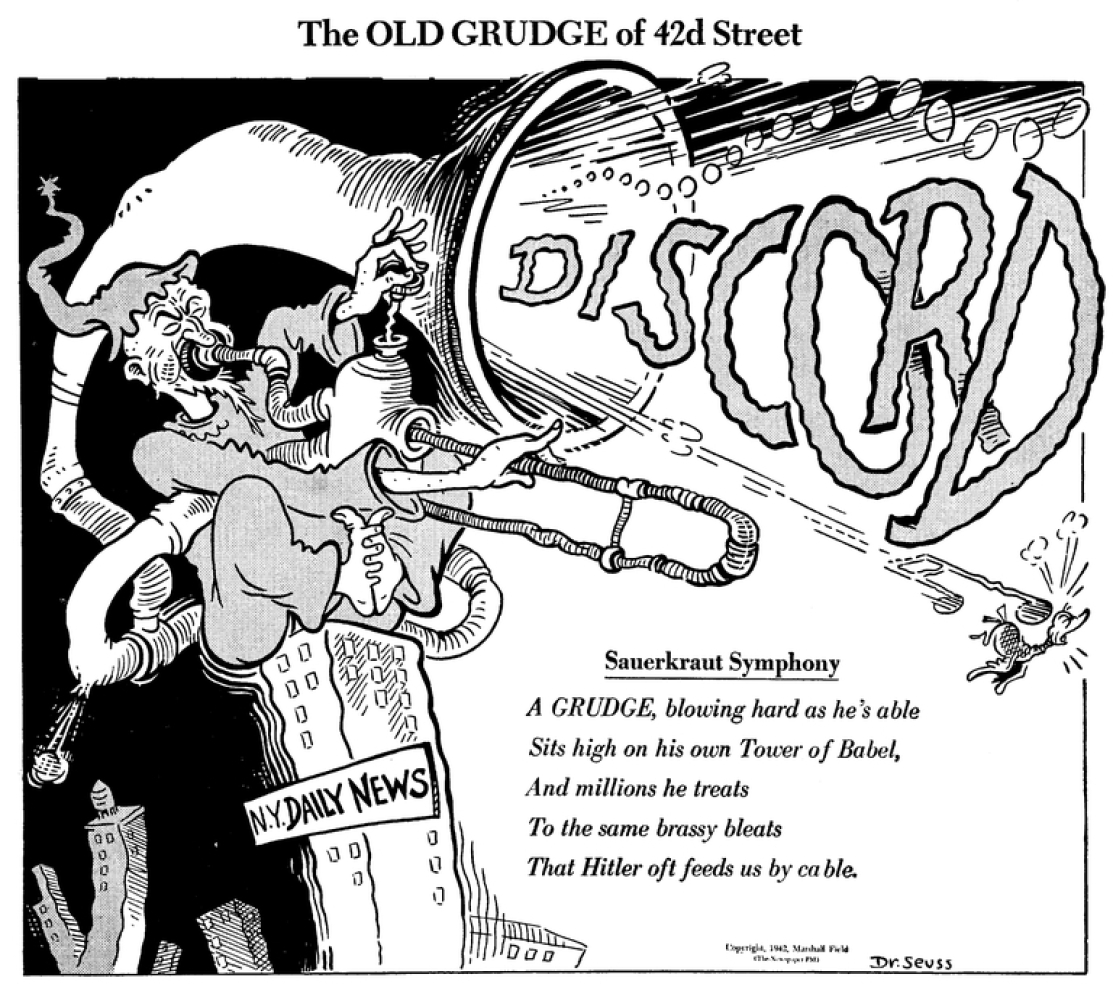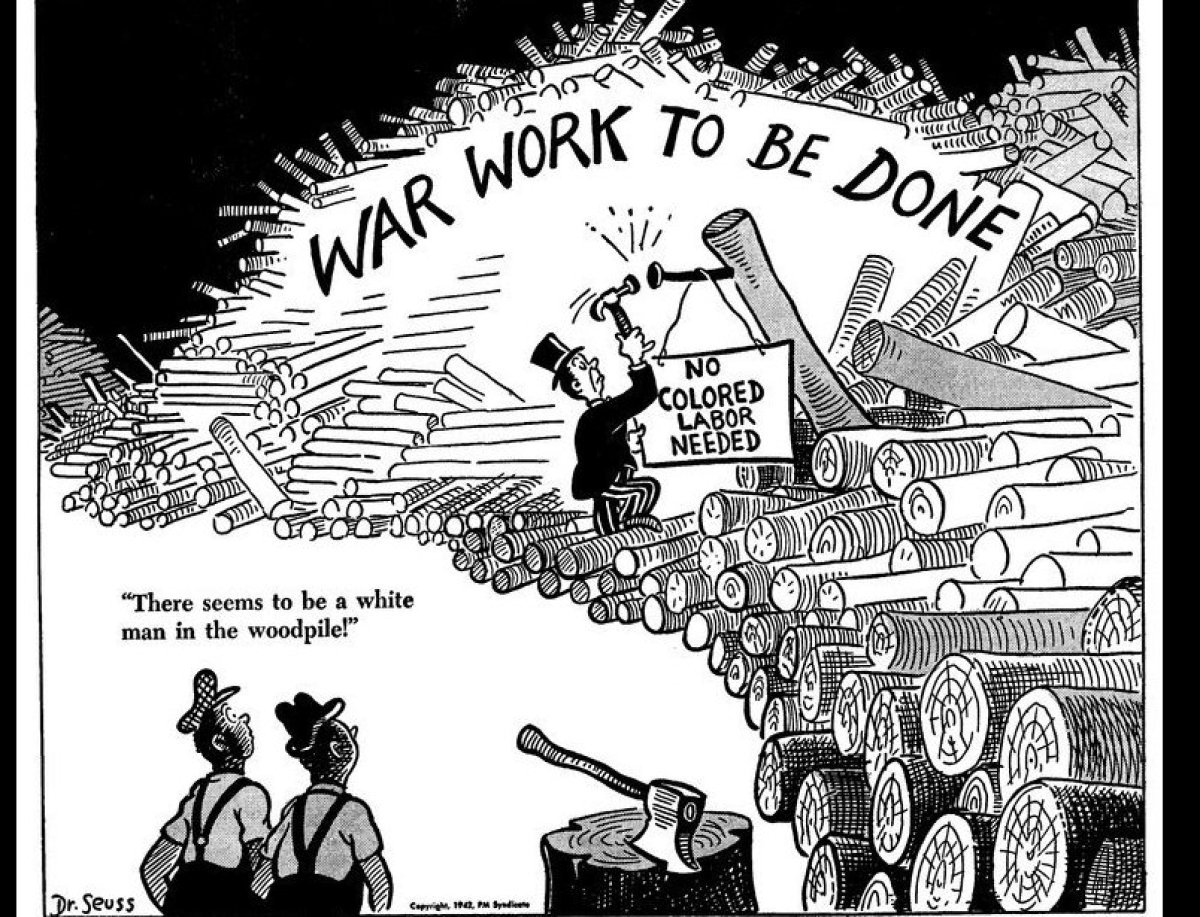Consider:
Nor does the evidence show that charters spend taxpayers’ money more efficiently. Researchers from Michigan State and the University of Utah studied charters in Michigan, finding they spent $774 more per student on administration, and $1,140 less on instruction.
About the only thing charters do well is limit the influence of teachers’ unions. And fatten their investors’ portfolios.
In part, it’s the tax code that makes charter schools so lucrative: Under the federal “New Markets Tax Credit” program that became law toward the end of the Clinton presidency, firms that invest in charters and other projects located in “underserved” areas can collect a generous tax credit — up to 39% — to offset their costs.So basically they are hiding the costs of operation in tax credits (reducing tax revenue) to look like they are efficient. I think it would be helpful to everyone if we counted tax expenditures as a form of spending. So how is this plan to earn profits via education working out? Just how good is this plan?
So attractive is the math, according to a 2010 article by Juan Gonzalez in the New York Daily News, “that a lender who uses it can almost double his money in seven years.”
or the salary of the CEO of one of the few publicly traded Charter School companies:
The story also revealed CEO Ronald Packard collected a salary in 2011 — $5 million — nearly double that of the previous year. And that his bonus is linked not to student performance, but to enrollment.
So the real issue here is that costs are not especially transparent and outcomes, on average are not especially wonderful:
Too bad the kids in charter schools don’t learn any better than those in plain-vanilla public schools. Stanford University crunched test data from 26 states. About a quarter of charters delivered better reading scores, but more than half produced no improvement, and 19% had worse results. In math, 29% of the charters delivered better math scores, while 40% showed no difference, and 31% fared worse.
Unimpressive, especially when you consider charter schools can pick and choose their students — weeding out autistic kids, for example, or those whose first language isn’t English. Charter schools in the District of Columbia are expelling students for discipline problems at 28 times the rate of the district’s traditional public schools — where those “problem kids” are destined to return.So, even ignoring peer effects, these look like similar outcomes (the bias will be towards public schools doing worse because they cannot refuse students as easily).
So I think two issues arise as matters of policy from these sorts of discussions. One, it is hard to imagine why we need to disassemble a working system just to create lucrative investment opportunities. Two, teacher job security and salary become much more salient as issues if they are compatible with decent student outcomes (one average, anecdotes will exist in all directions).
I am not against innovation in education. But I tend to be suspicious of drastic transformations of complex systems as they are hard to implement. Nor is it reassuring that a business magazine is pointing this area out as a profit making opportunity. Insofar as we have data, it isn't all that reassuring when we compare costs and benefits.
h/t Mike the Mad Biologist and thanks to Mark Palko for comments












